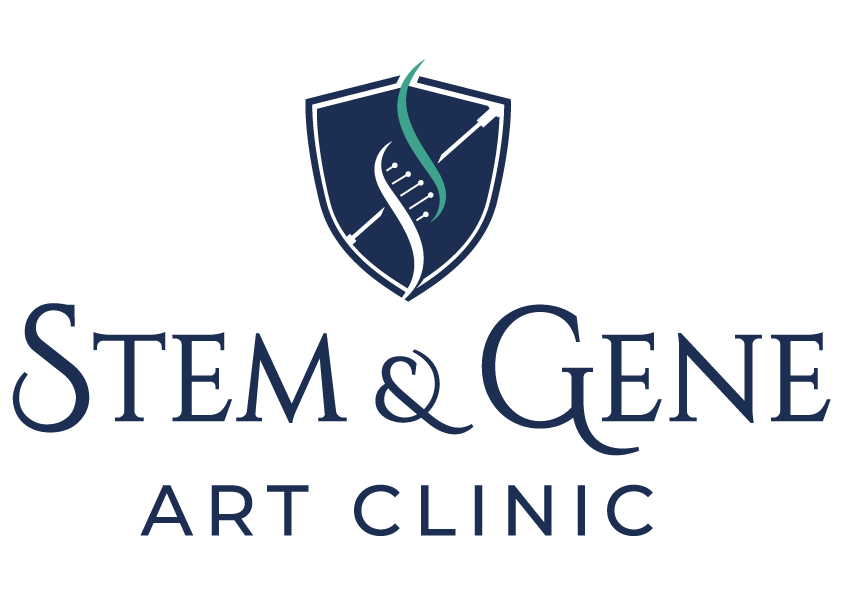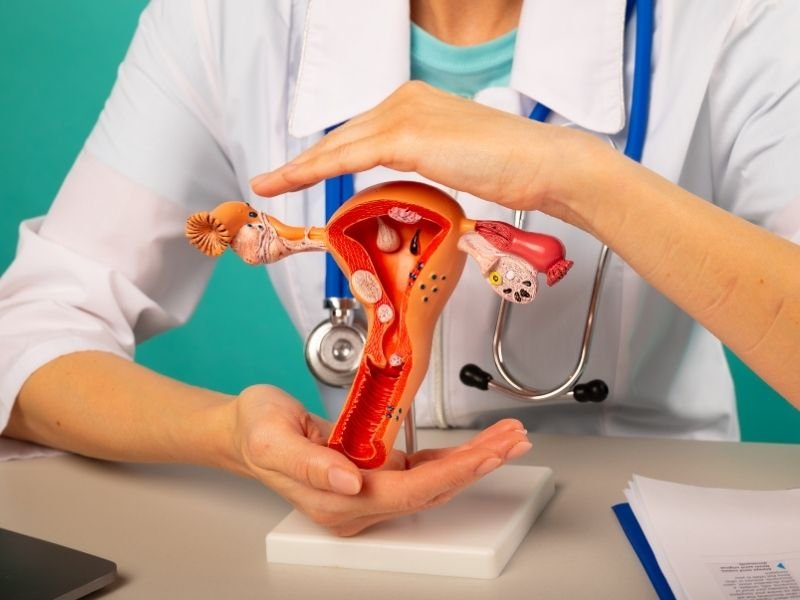Egg donation is a significant decision for both donors and recipients, raising important questions about safety, reliability, and ethical considerations. In this article, we explore the safety and health risks associated with egg donation, the reliability of the process, ethical issues, potential health complications, and the rights of both donors and recipients.
What is Egg Donation?
Egg donation is a fertility treatment option where a woman (the donor) provides her eggs to be used by another woman (the recipient) who is unable to conceive with her own eggs. This process is typically utilized by women who have diminished ovarian reserve, genetic disorders, or other conditions that prevent them from producing viable eggs for conception. Egg donation involves a series of medical procedures, including ovarian stimulation to produce multiple eggs, egg retrieval under sedation or anesthesia, and the fertilization of retrieved eggs with sperm in a laboratory (in vitro fertilization, or IVF). The resulting embryos are then transferred to the recipient’s uterus in hopes of achieving a successful pregnancy. Egg donation offers hope to individuals and couples struggling with infertility, providing them with the opportunity to experience pregnancy and parenthood with the help of a healthy donor’s eggs.
Safety and Health Risks of Egg Donation
Egg donation involves a series of medical procedures, including ovarian stimulation, egg retrieval, and potential side effects from fertility medications. While the overall risk is relatively low, donors may experience short-term discomfort such as bloating, cramping, and fatigue. There are also rare risks associated with anesthesia during egg retrieval and ovarian hyperstimulation syndrome (OHSS), although clinics take precautions to minimize these risks through careful monitoring and personalized treatment plans.
Reliability of Egg Donation and Ethical Issues
Egg donation is a reliable method for couples struggling with infertility to achieve pregnancy. However, ethical issues such as informed consent, compensation for donors, and the potential exploitation of donors must be carefully considered. Regulations and guidelines vary by country and clinic, aiming to protect the rights and well-being of both donors and recipients while ensuring transparency and ethical practice throughout the process.
Egg Donation and Health Complications
While complications from egg donation are rare, they can include infection, bleeding, and damage to surrounding organs during egg retrieval. Donors undergo thorough medical screenings and evaluations to minimize these risks. Recipients also benefit from rigorous screening processes to ensure the health and viability of donated eggs, reducing the likelihood of genetic or infectious diseases being passed on.
Egg Donation Safety: Donor and Recipient Rights
Both egg donors and recipients have rights that should be respected throughout the egg donation process. Donors have the right to comprehensive medical information, privacy, and fair compensation where permitted. Recipients have the right to receive eggs from healthy, screened donors and to be informed about any potential risks or complications associated with the procedure. Ensuring these rights are upheld promotes a safe and ethical environment for all parties involved in egg donation.
Egg donation is generally considered safe when conducted by experienced professionals in accredited clinics with stringent medical and ethical standards. By understanding the risks, ethical considerations, and rights involved in egg donation, individuals can make informed decisions about participating in or benefiting from this assisted reproductive technology. Consulting with fertility specialists and thoroughly researching clinics can help prospective donors and recipients navigate the complexities of egg donation while prioritizing safety, ethics, and successful outcomes.
IVF Treatment at Stem&Gene ART Clinic in Albania
Stem&Gene ART Clinic in Albania offers cutting-edge IVF (In Vitro Fertilization) treatments tailored to meet the unique needs of each patient. Renowned for its state-of-the-art facilities and experienced medical team, the clinic provides comprehensive fertility solutions in a supportive and compassionate environment. Utilizing advanced reproductive technologies, including ICSI (Intracytoplasmic Sperm Injection) and embryo cryopreservation, Stem&Gene ART Clinic strives to maximize success rates while ensuring the comfort and well-being of its patients throughout their fertility journey. With personalized care plans and meticulous attention to detail, the clinic aims to help couples achieve their dream of parenthood with the highest level of expertise and professionalism.


